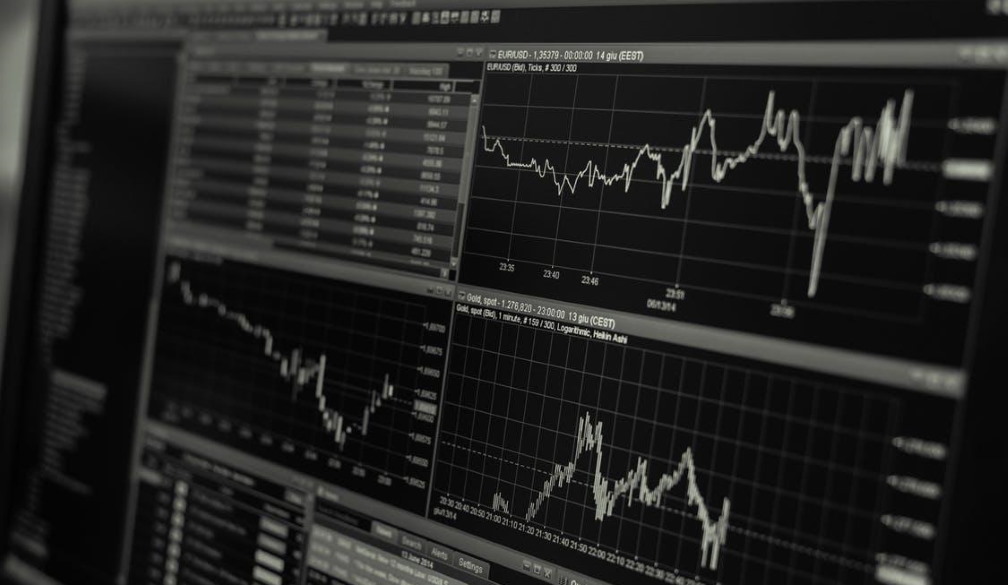Regulated CFD Trading for Australians
- Written by NewsCo

What is CFD trading?
A CFD or contract for difference is an agreement between two parties that allows one to buy or sell an instrument without actually taking ownership. This cleans all the executions, hassles, and benefits traders as he can get both sides of the coin.
The Australian Securities and Investment Commission allows residents of the continent to trade CFDs. They have recently strengthened CFD protection through their intervention orders. From 29th March 2021, the amount of available leverage to retail traders is limited, and there will be safeguarding against negative account balances. ASIC also plans to standardize CFD issuers and remove any sorts of rebates offered to traders.
The working structure of CFDs
By understanding the CFDs structure, a trader can grasp the potential benefits of contract trading.
Costs
The trading fees come in the form of commissions or spread ( difference between the bid and ask). Traders generally favor commissions through ECN trading as they are less costly and provide low latency on executions. There are also rollover fees or swaps on long positions as they are taken as an investment.
Buying and selling
One of the benefits of CFD Trading is that traders can take both the long and short sides of a trade. Opposing the regular buying concept where you get an asset at a low price and sell it higher, a trader can also realize profits through selling or shorting. Your profit or loss will be realized once the position closes.
Lot size and leverage
CFDs offer traders a considerable amount of trading leverage, meaning they can get more contracts or lots. Leverage is borrowed money that allows you to open positions that would not be possible with your insufficient cash.
Contract period
A trader can keep the CFD contract open for as long as he likes. There is no fixed expiry in this case. Forward contracts, however, have a settled exhaustion time which includes all the swaps within the spread.
Benefits of CFDs
Brokers who offer CFDs provide most global financial instruments, including forex, stocks, index, commodity, etc., under one platform. It is pretty easy to diversify your portfolio. While shorting Contract For Differences, a trader doesn’t have to look for borrowing the underlying assets, which can be time-consuming. The minimum requirement to open a trading account is also less. Low margin requirements and higher leverage allow traders to hold expensive assets.
Trading CFDs
A trader has to select a suitable brokerage that offers CFDs. As CFDs are regulated in Australia, many exchanges are providing this form of trading to retailers. Select the appropriate instrument you want to trade, deposit funds into your account and start trading. Do not forget to employ proper risk management and strategy.
FAQs
Are there any drawbacks to CFDs?
One of the reasons why CFDs are generally frowned upon is that they are Over The Counter product. They do not have the need to be regulated. A low amount of liquidity and high leverage can expose your portfolio to a significant drawdown.
Is CFD trading regulated in Australia?
Yes, Australian Securities and Investment Commission regulates CFDs in Australia. It keeps the brokers under heavy check and balance to make sure they do not double-cross traders.
Are there any restrictions on trading styles with CFDs?
There are no restrictions with trading styles, and traders are able to use scalping, day, and swing trading approaches.
Is trading subjected to taxes in Australia?
Holding positions for the long or short term are subjected to taxes. As an investor, a trader is responsible for pay capital gain tax, and any other form of trading will fall under trading taxes.
























